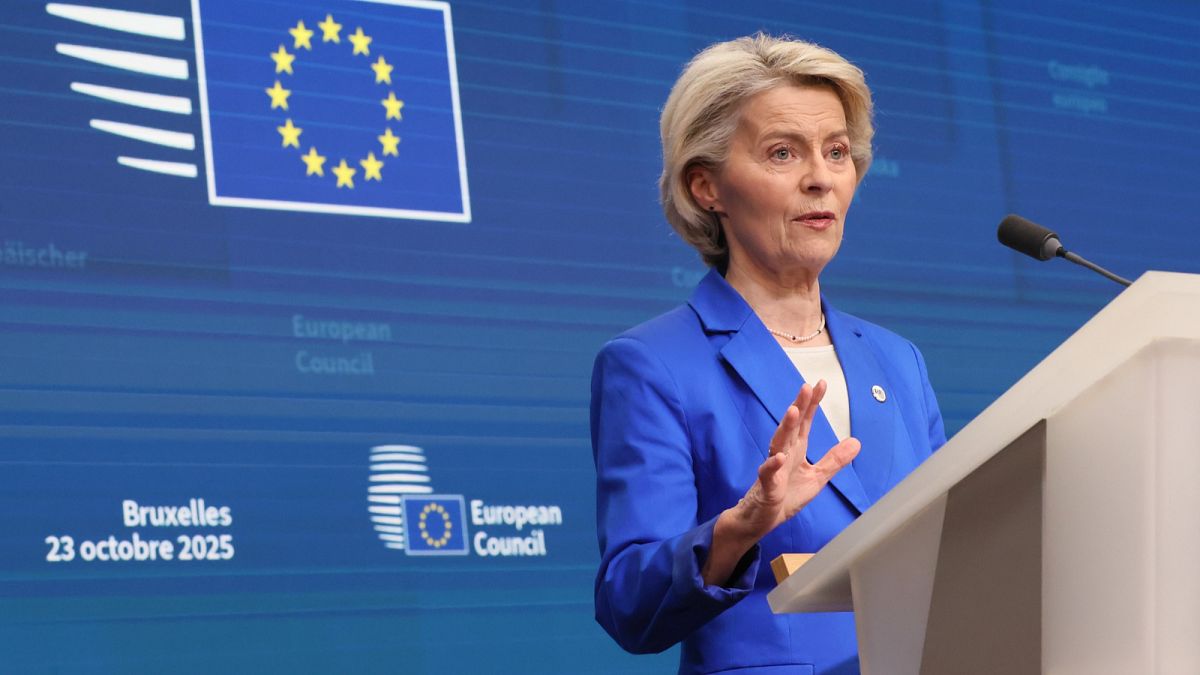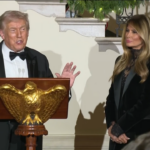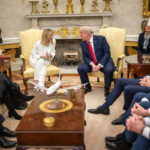European Commission President Ursula von der Leyen said on Saturday that the European Union is working on a strategy to reduce its dependence on critical raw materials from China.
This new strategy was implemented in response to China’s decision in October to tighten export controls on rare earths. The Asian giant likely did so in response to trade tariffs imposed by US President Donald Trump, but von der Leyen pointed to their impact on Europe.
“If you consider that more than 90% of rare earth magnet consumption comes from imports from China, you can see the risks for Europe and its most strategic industrial sectors,” von der Leyen said at a conference in Berlin.
These minerals are important for EU industries such as the automotive, defence, greentech and digital sectors.
Von der Leyen said that in the short term, the EU would focus on finding solutions with Chinese countries, but would also step up efforts to work with other countries to ensure access to alternative sources of minerals.
“The aim is to ensure access to alternative sources of raw materials that are important for European industry in the short, medium and long term,” von der Leyen said. “We will accelerate work on key raw material partnerships with countries such as Ukraine, Australia, Canada, Kazakhstan, Uzbekistan, Chile and Greenland.”
The European Commission president said the new plan, named RESourceEU, follows REPowerEU, an initiative launched after Russia’s invasion of Ukraine to move away from Russian energy sources and strengthen the EU’s independence in the energy sector.
“The circular economy starts not for environmental reasons, but to utilize important raw materials already present in products sold in Europe,” von der Leyen said.
“Furthermore, we will focus on everything from collective purchasing to stockpiling. We will strengthen our investments and strategic projects for the production and processing of critical raw materials here in the European Union.”








